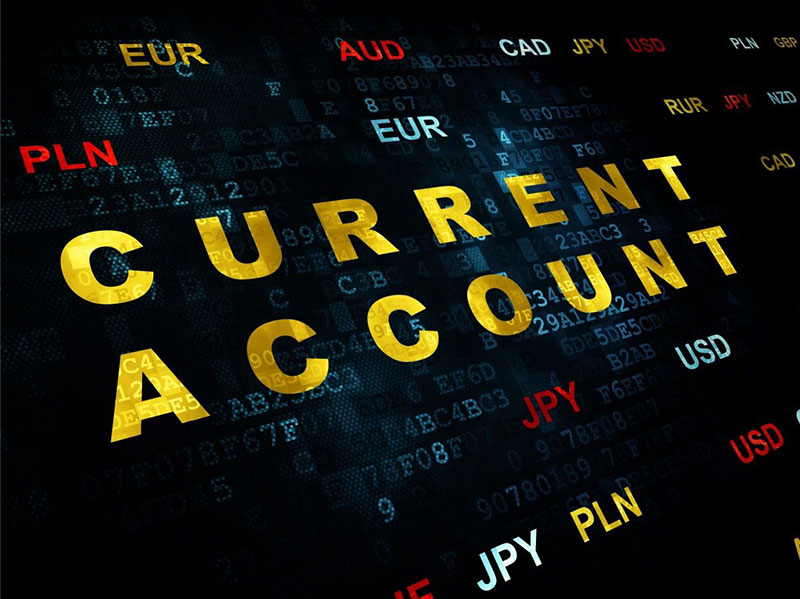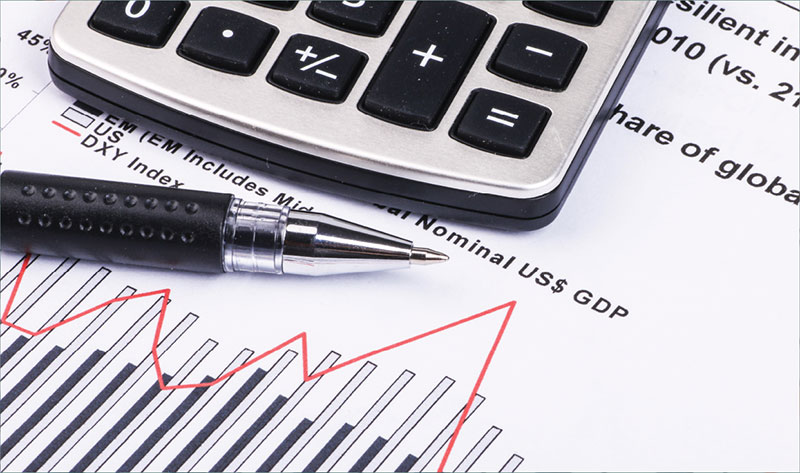If you’re looking to open a bank account, the first question you need to ask yourself is, “What kind of account do I need?” Because there are many, many different kinds (often with more than one name or definition) and it’s easy to get them mixed up.
This article explores the major types of bank accounts – keep in mind that there are many variations. But if you picture bank accounts like the branches of a tree, you would find deposit accounts and loan accounts at the root of it all.
A deposit account is any account that’s opened for the purpose of holding a credit balance (a balance that involves the bank owing money to the customer) while a loan account is any account that’s opened for the purpose of holding a debit balance (a balance that involves the customer owing money to the bank).
Deposit accounts include checking accounts, savings accounts, money market accounts and time deposit accounts.
Current Account

Also called demand accounts, checking accounts, transactional accounts, debit accounts etc. If you have a checkbook and ATM card, you probably already have this type of account. It’s available to you “on demand” and you use it to withdraw money and pay your bills. It handles all your daily transactions and you can access it whenever you want through cash withdrawals, debit cards, checks and more. It’s used for living, not saving which is why banks don’t usually pay interest on this type of account.
Savings Account

This account encourages you to save money, often paying interest on the deposit you have made. It isn’t easy to tap into and banks tend to have different rules to prevent an impulsive withdrawal. For example, they may either take a few days to release the money or not allow you to access it at all until a specific (pre-arranged) date. If you do need to withdraw the money early, you may be required to pay a fee. These accounts are basically designed to encourage people to save. If you’re opening a savings account, examine the interest rates offered by different banks before making your decision.
Money Market Account

A money market account pays interest based on current interest rates in the money markets. It combines features from both savings accounts and current accounts but offers much higher interest rates. It’s really an option for people with high balances in current accounts, allowing them to accumulate more savings through the interest rate offered.
Time Deposit Accounts
Also known as term deposit accounts or fixed deposit accounts, this is an interest-bearing account with a specific period of maturity. You keep a certain deposit in this account for a fixed period of time that could range anywhere from months to years. You are not allowed to access it until an agreed upon date (without a penalty). It accumulates interest during that time period and, when it’s over, you can either withdraw the amount or hold it for another term. The longer the time period, the better the return.
We talked earlier about how loan accounts are debit balance accounts. These include car loans, mortgages and aren’t usually classified as bank accounts – when people talk about a bank account, they usually just mean some type of deposit account.
If you’re thinking of opening an account, you will find that most banks offer basic functions (accepting deposits, making loans, keeping a record of all your financial transactions, issuing cards, etc.) and also charge fees for these functions (ATM fees, debit card fees, bounced check fees, wire transfer fees. etc.) but the terms and conditions vary.
That’s why it’s really important to research competitive interest rates on different accounts, to consult a trusted financial adviser and, most importantly, to identify what your particular needs are in order to find a solution that will suit you best. If you’re nearing retirement, the bank accounts you use (and the way you use them) would – and should – be drastically different from someone who’s just graduated from college and is looking for their first job. No matter how old you are, or what your financial situation is, choosing the right bank account is an important decision. Be sure you’re aware of all your options before making it. The good news is, there is plenty of information available regarding those options (case in point) so with a little bit of care, it will be easy for you to make the right decision.



